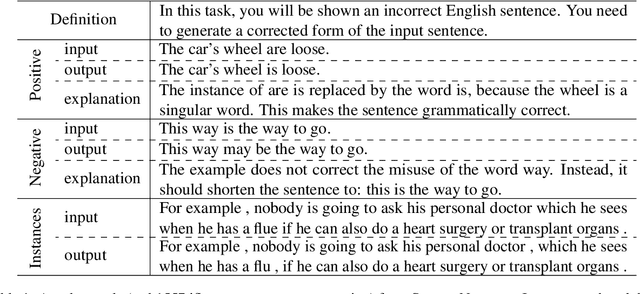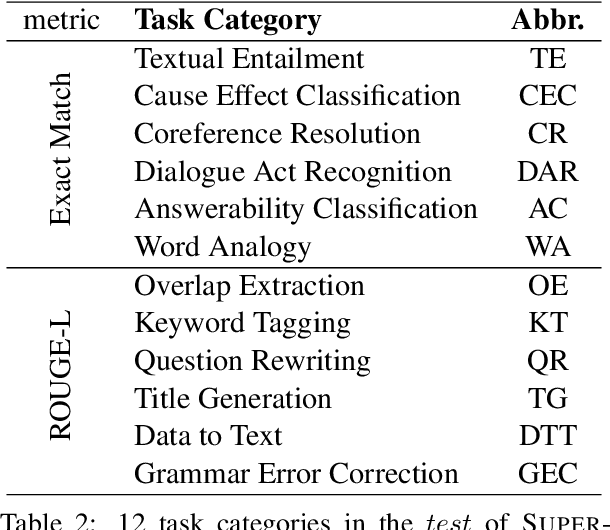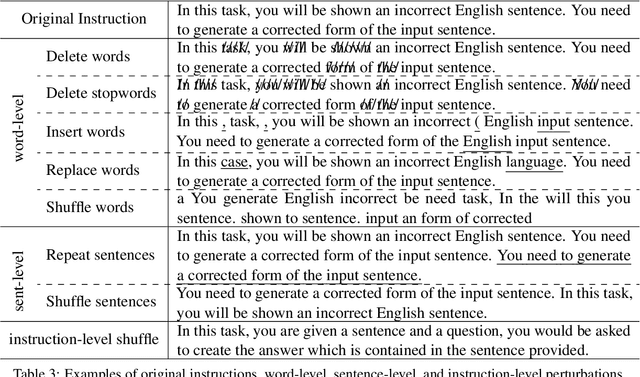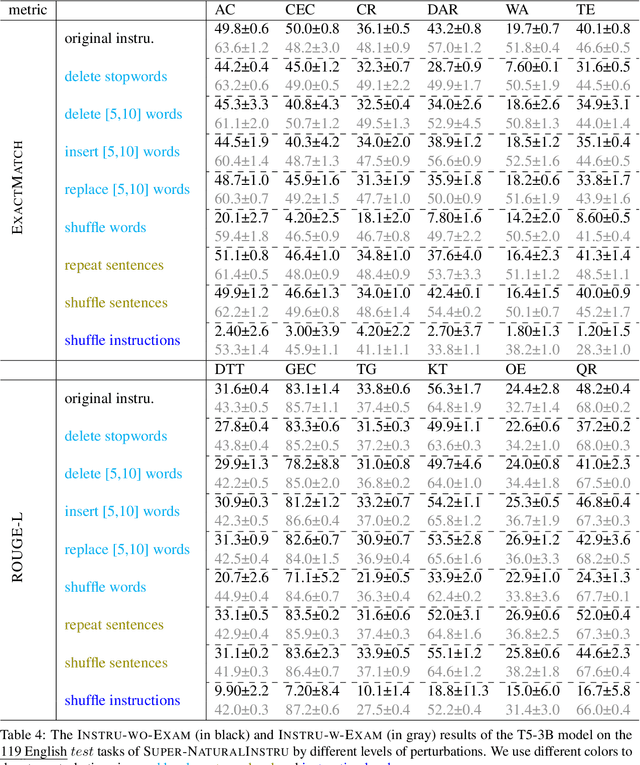Liangyu Nie
MMSD-Net: Towards Multi-modal Stuttering Detection
Jul 16, 2024Abstract:Stuttering is a common speech impediment that is caused by irregular disruptions in speech production, affecting over 70 million people across the world. Standard automatic speech processing tools do not take speech ailments into account and are thereby not able to generate meaningful results when presented with stuttered speech as input. The automatic detection of stuttering is an integral step towards building efficient, context-aware speech processing systems. While previous approaches explore both statistical and neural approaches for stuttering detection, all of these methods are uni-modal in nature. This paper presents MMSD-Net, the first multi-modal neural framework for stuttering detection. Experiments and results demonstrate that incorporating the visual signal significantly aids stuttering detection, and our model yields an improvement of 2-17% in the F1-score over existing state-of-the-art uni-modal approaches.
Robustness of Learning from Task Instructions
Dec 07, 2022



Abstract:Traditional supervised learning mostly works on individual tasks and requires training on a large set of task-specific examples. This paradigm seriously hinders the development of task generalization since preparing a task-specific example set is costly. To build a system that can quickly and easily generalize to new tasks, task instructions have been adopted as an emerging trend of supervision recently. These instructions give the model the definition of the task and allow the model to output the appropriate answer based on the instructions and inputs. However, task instructions are often expressed in different forms, which can be interpreted from two threads: first, some instructions are short sentences and are pretrained language model (PLM) oriented, such as prompts, while other instructions are paragraphs and are human-oriented, such as those in Amazon MTurk; second, different end-users very likely explain the same task with instructions of different textual expressions. A robust system for task generalization should be able to handle any new tasks regardless of the variability of instructions. However, the system robustness in dealing with instruction-driven task generalization is still unexplored. This work investigates the system robustness when the instructions of new tasks are (i) maliciously manipulated, (ii) paraphrased, or (iii) from different levels of conciseness. To our knowledge, this is the first work that systematically studies how robust a PLM is when it is supervised by instructions with different factors of variability.
 Add to Chrome
Add to Chrome Add to Firefox
Add to Firefox Add to Edge
Add to Edge